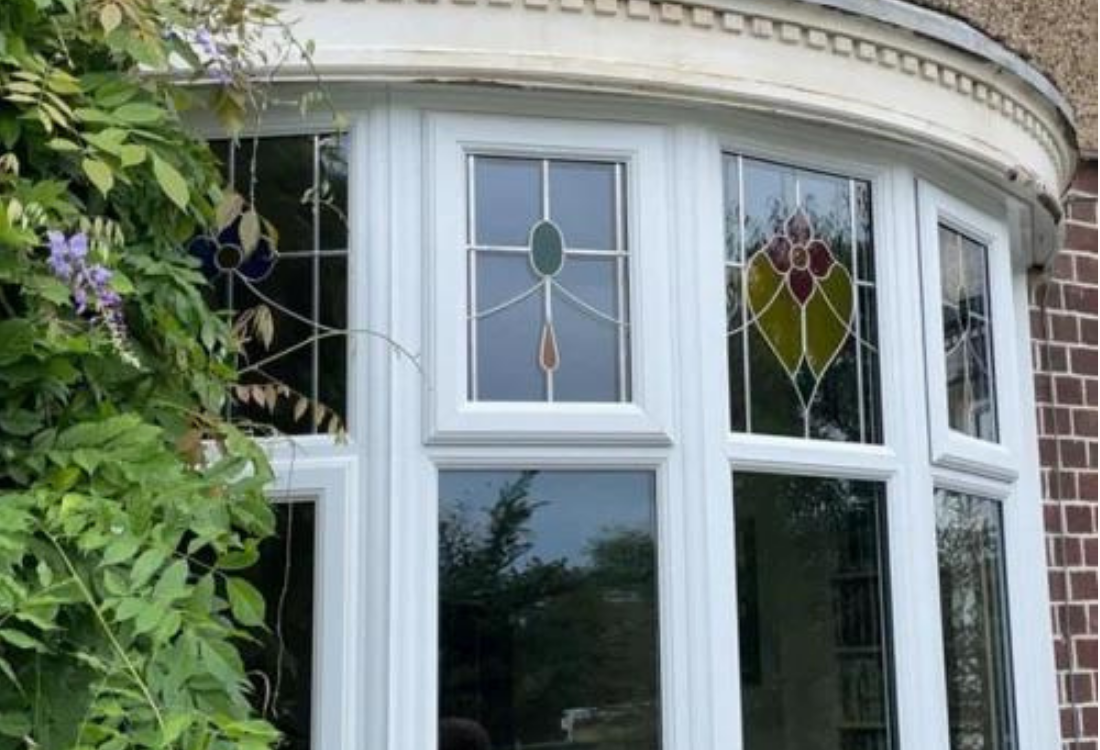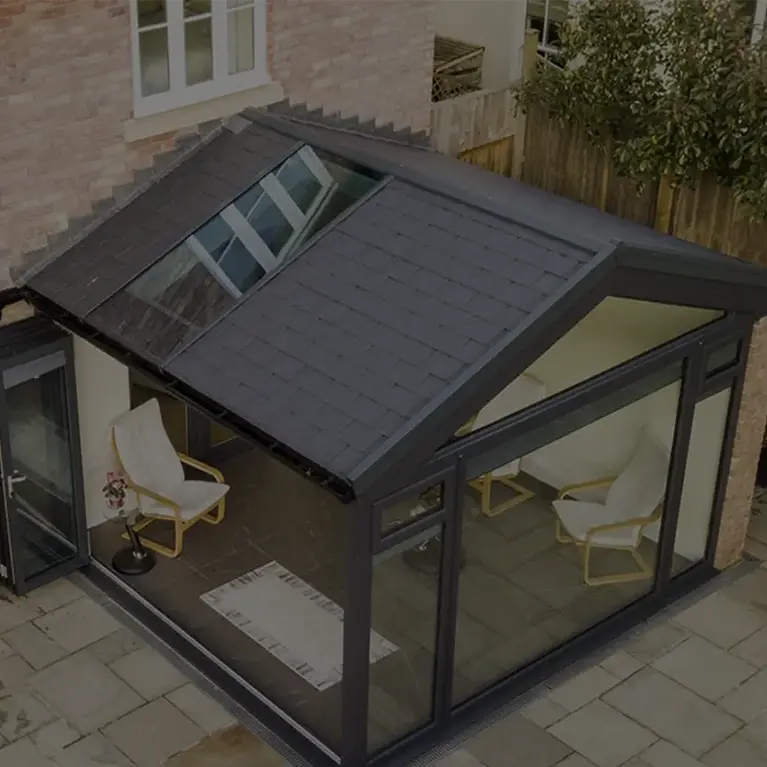
What are U-values and why do they matter?
A glass windowpane’s U-value, which stands for the ‘overall heat transfer coefficient’ (remember that one for your next pub quiz), is a measure of how well the glass conducts heat. U-values are used in architecture and construction to determine the rate of heat loss through a building material, and thereby the level of insulation it provides. In general terms, window glass with a low U-value will lose less heat than an equivalent pane with a high U-value, which makes U-values an important consideration for energy efficiency when choosing your windows, as it directly influences your home’s heating and cooling costs. Lower U-value-rated windowpanes simply leak less heat into the surrounding atmosphere than windows with a higher U-value.
This is one of the keys to how high-quality window glass can save you money. Traditionally, a home’s windows are a weak spot when it comes to insulation, with a typical home losing up to 10% of its energy through the window glass.
As premium glass products are designed with a low U-value, your windows will keep more of your warm air inside your home during winter, meaning that your boiler won’t have to burn as much gas to keep you comfortable. This will save you money month on month.
How do you find out a window’s U-value?
U-values, although extremely important to designers of building materials, are actually a fairly crude tool when it comes to assessing the energy efficiency of a window, because it’s simply provides the window’s rate of heat loss per square metre in degrees Kelvin (W/m²K), ignoring other important factors, such as the window’s capacity to transmit solar energy.
BFRC window thermal efficiency ratings
In the UK, therefore, the efficiency of window glass is assessed by a simple system created by the British Fenestration Rating Council (BFRC), which rates products according to an energy index from A (+ or ++) (most efficient) to G (least efficient). The rating standards consider U-value alongside other factors such as air permeability and G-value (a measure of how much solar radiation is transmitted through a window, expressed as a number between zero and one, where zero means no solar heat is transmitted and one means that all solar heat is transmitted).
High quality glass will be rated no lower than A, B, or C on the BFRC scale, and you can strengthen the energy efficiency of your window glass – and thereby your monetary savings – by investing in double or triple glazed windows and high-quality draught excluders.
Find out more
At Harvey’s Windows, we offer a range of energy efficient windows, doors, roofs, and conservatory extensions for homeowners across Leicester and the surrounding areas. To find out more or to request a quote, please click here.



